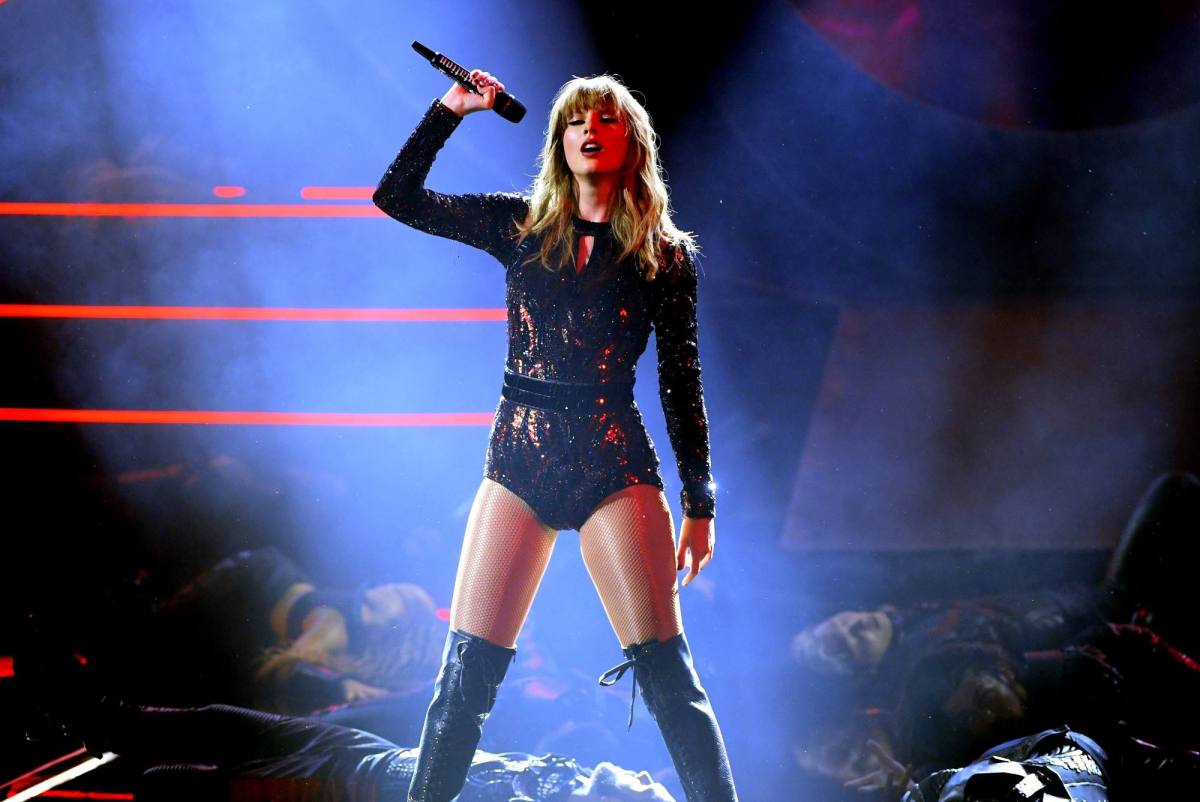Former President Donald Trump recently shared a series of memes on his media platform, Truth Social, suggesting Taylor Swift and her fans are endorsing his candidacy. These images highlight the growing issue of AI-generated images being used in political campaigns, potentially misleading the public by misrepresenting celebrities’ likeness.
AI impersonators are increasingly common, leading to concerns about fake endorsements across various industries. The proliferation of these fake AI endorsements has even prompted shows like “Shark Tank” to issue warnings to fans about scams impersonating their investors.
Trump’s posts feature images of young women wearing “Swifties for Trump” shirts, which are likely AI-generated. Another meme depicts Taylor Swift as Uncle Sam urging people to vote for Trump, sourced from a satirical post.
While Swift has not commented on the 2024 U.S. presidential election, she showed support for the Biden-Harris campaign in 2020. The rise of deepfakes targeting Swift has resulted in new legislation like the ELVIS Act in Tennessee, offering explicit protections for artists against unauthorized AI imitations of their work.
Legislation like the ELVIS Act aims to address the challenges posed by AI-generated media, but more comprehensive national legislation may be needed. Questions remain about how to apply these laws to protect artists and public figures from AI manipulations, especially in the context of political campaigns.
As regulatory bodies consider new guidelines for AI-generated content, the FCC plans to introduce AI transparency requirements for TV and radio ads. However, social media platforms, where such misleading content often thrives, remain largely unregulated in terms of AI-generated political communications.
Swift’s influential backing can sway public opinion, making her endorsement highly sought after by politicians. The ELVIS Act could become a test case in determining how to address AI-generated imagery in the political arena, reflecting the need for ongoing legal and regulatory scrutiny in this evolving landscape.


